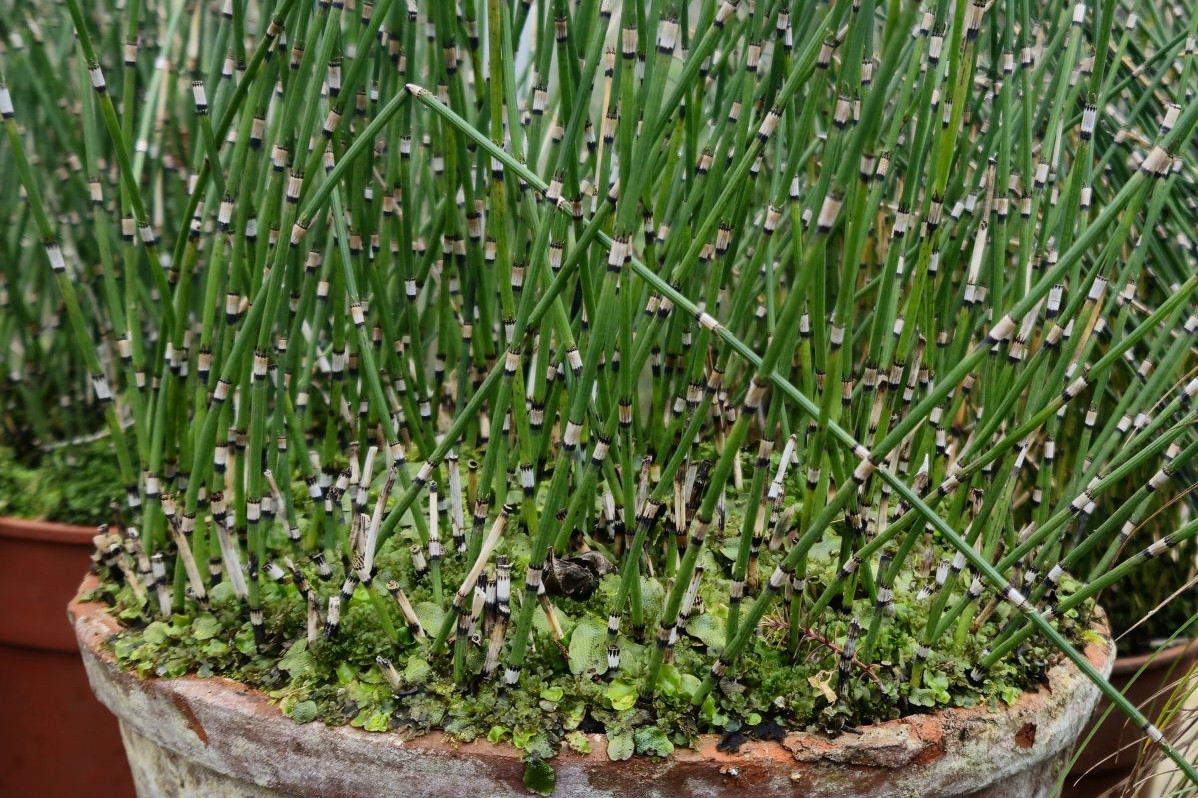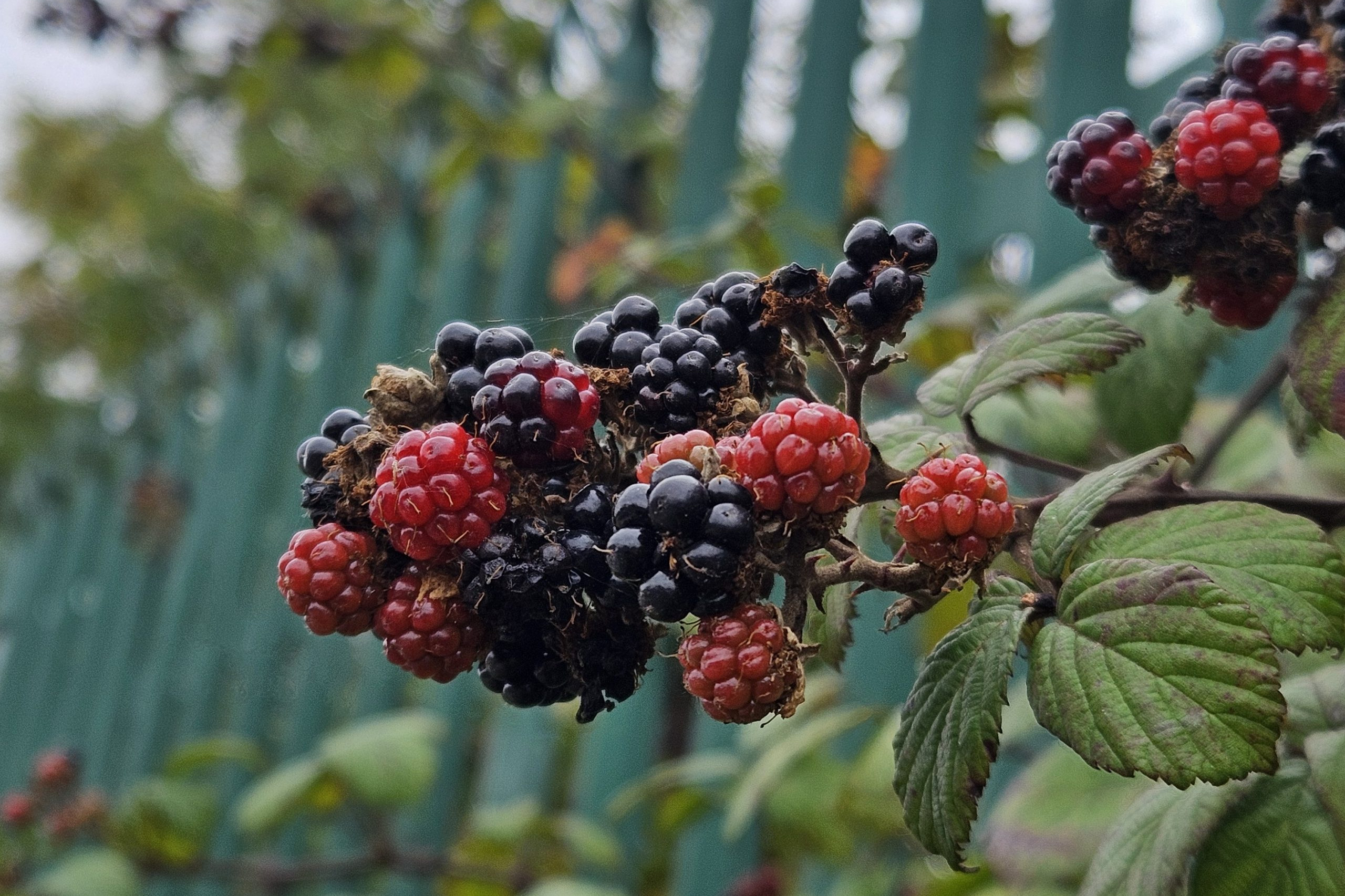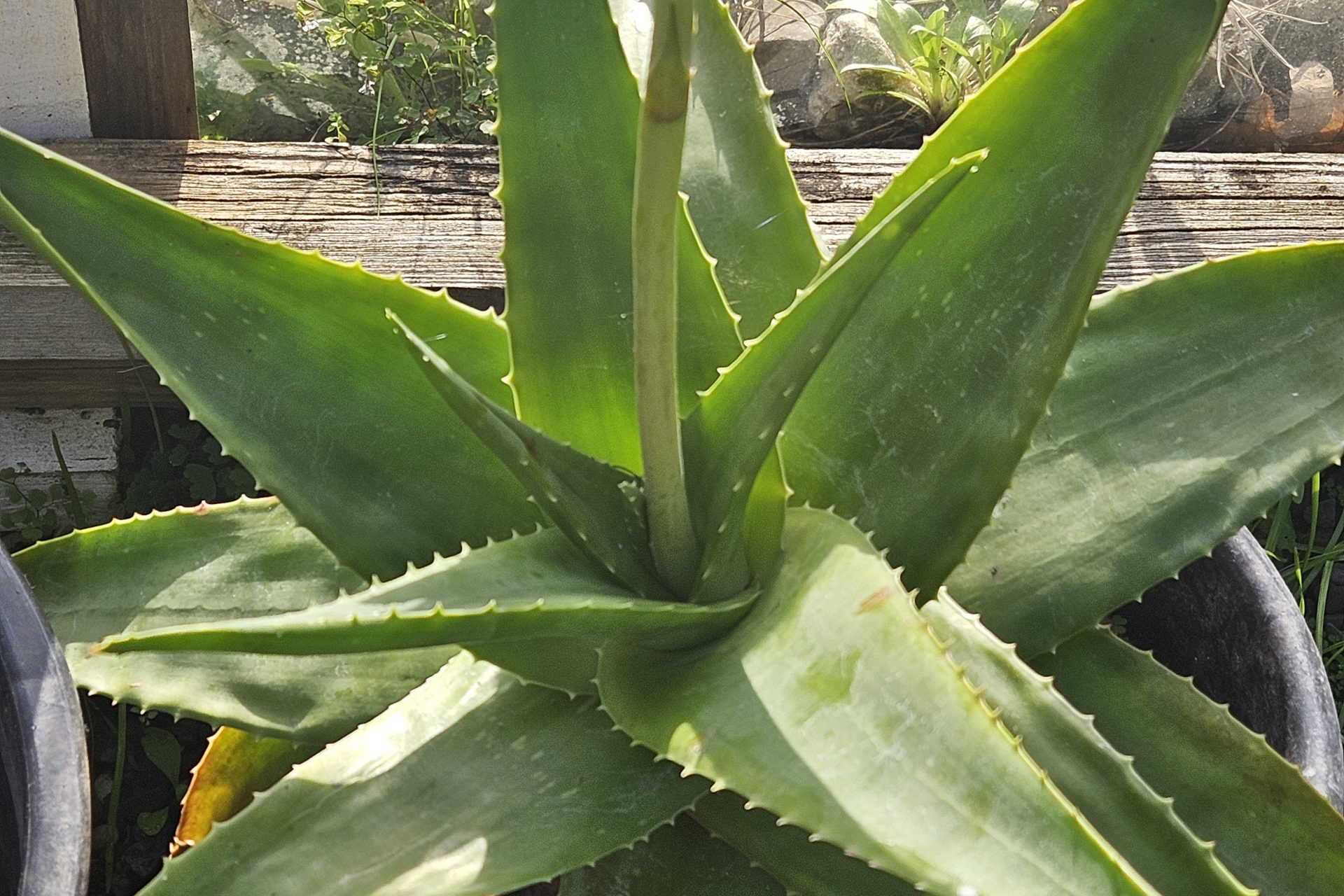Plant-based cough syrup - a blend of tradition and science
Muhammad Siddiq, a PhD student, recently carried out a project exploring natural alternatives to synthetic cough syrups, with a focus on medicinal plants from the TCD Botanical Garden. This independent project, while separate from his doctoral research on plant chemistry and climate change, contributes to the broader conversation about the role of plants in healthcare.
Siddiq’s work focused on identifying plants with potential cough-relieving properties, drawing on both historical knowledge and scientific evidence. He highlighted five plants known for their medicinal value: Allium sativum (garlic), prized for its antibacterial and immune-boosting effects; Aloe vera, recognized for its soothing and anti-inflammatory properties; Equisetum hyemale (horsetail), a mild expectorant; Thuja occidentalis, traditionally used for respiratory congestion but requiring controlled use due to its thujone content; and Rubus armeniacus (blackberry), rich in antioxidants that help alleviate throat irritation.
Using these plants, Siddiq developed a natural cough syrup, blending garlic extract, aloe vera juice, horsetail infusion, blackberry syrup, and honey—an age-old natural remedy known for its preservative and throat-soothing properties. This simple yet effective formulation offers a plant-based alternative to commercial cough syrups and demonstrates the potential of botanicals in modern medicine.
Although separate from his PhD research, Siddiq’s work highlights the relevance of plant-based treatments in healthcare, bridging traditional knowledge with modern scientific validation. His project also emphasizes the value of locally available medicinal plants, many of which visitors to the TCD Botanical Garden can explore firsthand to learn about their historical and medicinal significance, both in Ireland and beyond.
by Muhammad Siddiq



